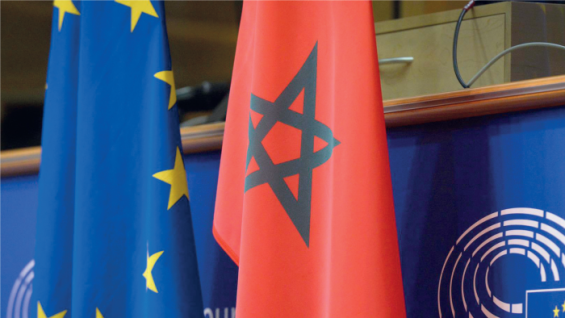On Friday, October 4, the Court of Justice of the European Union (CJEU) upheld its ruling from September 29, 2021, in the case between the European Commission and the Polisario Front.
The CJEU rejected the appeals filed by the EU member states against its decision to annul the 2019 agricultural and fisheries agreements, which included Western Sahara as part of the deal with Morocco.
The court stated that «the consent of the people of Western Sahara is essential for the validity of the agreements», as they pertain to a non-self-governing territory.
It emphasized that the consultations conducted by the European Commission and the European External Action Service (EEAS) «were not aimed specifically at the people of Western Sahara, but rather the populations currently residing there, regardless of their origin». Since many Sahrawis now live outside the territory, these consultations didn’t represent true consent.
Polisario gains ground
The CJEU also reinforced the Polisario Front’s role, stating that it is «a key player in the UN-led process to determine the future status of Western Sahara», and that it has the legal standing to challenge decisions in EU courts on behalf of the Sahrawi people.
This differs from the opinion of the Court’s Advocate General, Tamara Ćapeta, from March 21, where she argued that the people of Western Sahara lack an officially recognized representative. Still, she acknowledged that the Polisario Front represents at least part of the population and is fighting for one possible outcome of self-determination.
Additionally, the CJEU confirmed its decision to annul the fishing agreement between Morocco and the EU, which included the waters off Western Sahara. This ruling will delay the return of European, particularly Spanish, fishermen to Morocco’s Atlantic waters.
Polisario supporters celebrated the ruling, with Oubi Bachir calling it «a great victory for the Sahrawi cause» on X.




 chargement...
chargement...












